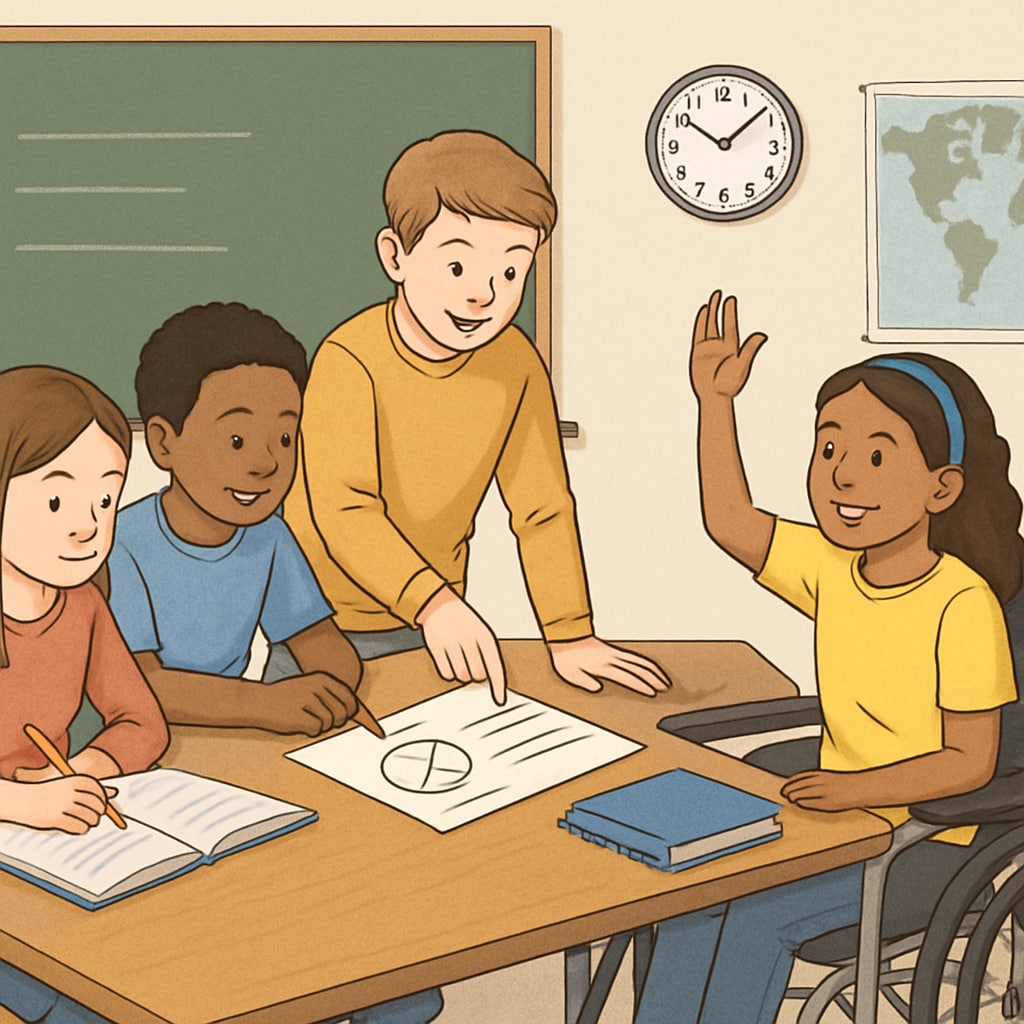Gifted programs, ADHD, and standardized testing intersect in ways that often disadvantage neurodivergent students. The current selection process used in many schools relies heavily on rigid criteria such as standardized test scores and short-term academic behavior. As a result, children with ADHD (Attention-Deficit/Hyperactivity Disorder) and other non-traditional learning styles are frequently overlooked, even when they possess exceptional abilities. This systemic oversight raises critical questions about how we define and recognize “giftedness” in education.
The Flawed Nature of Gifted Program Selection
Gifted programs typically aim to identify and nurture academically advanced students. However, the tools used for selection—such as standardized tests and teacher recommendations—are often biased toward conventional learning patterns. This creates significant barriers for students with ADHD, who may excel in creative thinking, problem-solving, and innovation but struggle with attention regulation, time management, or test-taking.
For example, standardized tests, which are designed to measure specific cognitive skills, fail to account for the diverse ways in which intelligence manifests. ADHD students might demonstrate exceptional verbal reasoning or artistic abilities, yet their performance on a timed test may not reflect their true potential. Additionally, teacher recommendations can be influenced by stereotypes or a lack of understanding about neurodiversity, further marginalizing these students.

ADHD and the Hidden Talents in Gifted Education
ADHD is often misunderstood as a deficit or disorder that hinders academic success. While students with ADHD may face challenges in traditional classroom settings, they often excel in areas that gifted programs claim to value, such as creativity, critical thinking, and innovation. Unfortunately, these strengths are rarely assessed during the selection process.
For instance, a student with ADHD might display extraordinary aptitude in designing complex projects or solving real-world problems but fail to meet the behavioral expectations typically associated with “gifted” students. This discrepancy suggests that the current model of gifted education prioritizes conformity over true intellectual diversity.
Moreover, research has shown that neurodivergent individuals, including those with ADHD, are disproportionately represented in fields requiring high levels of creativity and out-of-the-box thinking, such as entrepreneurship, engineering, and the arts. By excluding these students, schools miss an opportunity to cultivate future innovators.

Rethinking the Definition of “Gifted”
To make gifted programs more inclusive, educational institutions need to adopt a broader definition of giftedness. This involves moving beyond standardized testing and taking into account the unique strengths and challenges of neurodivergent students. Some potential approaches include:
- Multidimensional Assessments: Incorporating creative portfolios, project-based evaluations, and observational methods to identify diverse talents.
- Teacher Training: Providing educators with professional development on recognizing and supporting neurodivergent students.
- Flexible Criteria: Allowing for alternative pathways to gifted program eligibility, such as parent nominations or individualized testing accommodations.
By implementing these changes, schools can create a more equitable system that recognizes the full spectrum of human potential.
The Consequences of Overlooking ADHD Students
The exclusion of ADHD students from gifted programs has far-reaching implications. First, it perpetuates the stigma that ADHD is solely a deficit, rather than a difference with its own set of strengths. Second, it deprives these students of opportunities to develop their talents, which can lead to frustration, disengagement, or even underachievement. Lastly, society as a whole loses out on the contributions these individuals could make if their abilities were nurtured.
As a result, educational reform is not just a matter of fairness—it is a matter of maximizing human potential. By reevaluating how we identify and support gifted students, we can ensure that no child’s abilities are overlooked due to a rigid or outdated system.
Conclusion: The intersection of gifted programs, ADHD, and standardized testing highlights a critical flaw in our education system. To truly support all learners, schools must embrace a more inclusive and holistic approach to identifying and nurturing talent. Only then can we unlock the untapped potential of students who think and learn differently.
Further Reading: For more information on neurodiversity in education, visit Neurodiversity on Wikipedia or explore ADHD on Britannica.


